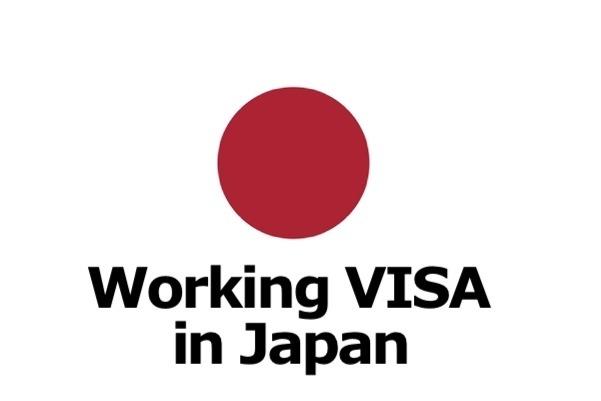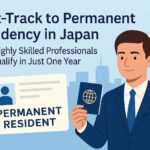Working Visa in Japan | On Obtaining the Status of Residence for Engineering/Specialist in Humanities/International Services
Requirements for activities in the field of Engineering/Specialist in Humanities/International Services
Activitie based on a contract with a public or private organization in Japan to engage in work that requires technology or knowledge in the fields of science, engineering, or other natural sciences, or in the fields of law, economics, sociology, or other humanities, or in work that requires thought or sensitivity based on foreign culture “Working Visa in Japan”
The above are the requirements for the activities of Engineering/Specialist in Humanities/International Services.
Specifically, the applicant must fall under any of items 1 through 3 of the Landing Criteria Ministerial Ordinance (Ministerial Ordinance establishing criteria under Article 7, paragraph 1, item 2 of the Immigration Control and Refugee Recognition Act).
Landing Standards Ordinance No. 1
In the case of those who intend to engage in work that requires technology or knowledge in the field of natural science or humanities, they must fall under any of the following and have acquired the necessary technology or knowledge with regard to the work they intend to engage in.
Graduated from a university majoring in a subject related to the relevant technology or knowledge, or have received education equivalent thereto or higher.
Completion of a professional training course at a special training college in Japan, majoring in a subject related to the technology or knowledge concerned.
The applicant must have at least 10 years of work experience (including the period of majoring in a subject related to the relevant technology or knowledge at a university, college of technology, high school, the latter half of a junior high school, or a special course of a vocational school).
However, this shall not apply where the applicant intends to engage in work requiring technology or knowledge of information processing and has passed an examination related to information processing technology as designated by the Minister of Justice in a public notice or has a qualification related to information processing technology as designated by the Minister of Justice in a public notice.
Landing Standards Ordinance No. 2
If the applicant intends to engage in work that requires thinking or sensitivity based on foreign culture, he/she must meet all of the following conditions.
Engaging in translation, interpretation, language instruction, public relations, advertising, or overseas business transactions, design related to clothing or interior decoration, product development, or other similar work.
Have at least three years of work experience in a business related to the work in which they intend to engage.
However, this shall not apply to university graduates who engage in work related to translation, interpretation or language instruction.
Landing Standards Ordinance No. 3
The remuneration must be equivalent or greater than the remuneration received by Japanese nationals engaged in such work.
(Reference) Ministry of Justice, Immigration Laws and Regulations, etc.
Immigration practice regarding Engineering/Specialist in Humanities/International Services visa
About major
In the case of university graduates, the relevance of the major subject and the work in which they intend to engage is judged relatively moderately.
In the case of those who have completed a professional training course at a vocational school (” Specialist” title must be granted), it is required to major in a subject specifically related to the skills or knowledge required for the work to be engaged in.
About practical training permitted under the status of residence
Even activities that do not fall under the status of residence during a certain period of on-the-job training at the beginning of employment, etc., are part of the on-the-job training that is also provided to Japanese university graduates, etc. as well. The activities during the period of stay are considered as a whole, and those that do not occupy the majority of the period of stay are most likely to be approved.
How does VISA de AI estimate the fee for a visa application?
VISA de AI estimates the visa application fee based on the applicant’s educational and professional background, and estimates the probability of obtaining a visa.
If the probability of obtaining a visa is low, we will make our best effort to prepare sufficient relevant documents to pass the immigration inspection and to obtain a visa.






